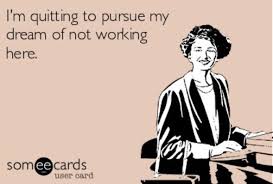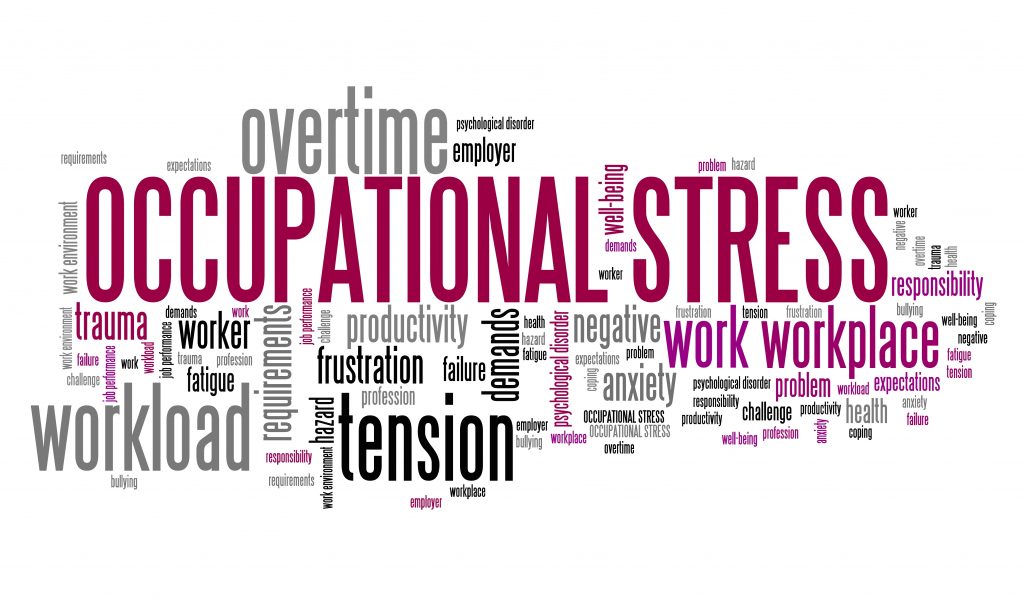What if I told you a job isn’t just a job? It’s an integral part of your existence, one that can influence your fulfillment and security. So what do you do if your job feels like a monotonous trap … or worse, like an abusive relationship? This is an environment you spend most of your adult life in, so why silently settle?
I’m sure you’ve heard statements like, “At least I’m employed or work isn’t supposed to be fun that’s why it’s called work.” And that’s a reasonable perspective. No one is saying going to work is comparable to a sunny stroll in the park. But, it also shouldn’t induce depression, paranoia, anxiety, and/or isolation. Sunday nights shouldn’t make you lie wide-eyed in bed dreading the approaching week.
Undesirable work environments
Unfortunately, most of us have or will experience working in undesirable organizations. For you, perhaps it’s a poorly managed restaurant, where the boss drinks too much and always seems to greedily dip into your tip jar. But, hey, your choices are limited, and this job pays the rent so you swallow your frustrations when he declares you are to work a double-shift, and then proceeds to idly sit around micro-managing every server with disdain.
Maybe you are in an administrative government position with benefits and decent hours. Yet, each day you sit in a stale cubicle, constantly passed over for promotions you deserve. Meanwhile, office gossip is being generated around you faster than the assigned work. And once again, you haven’t been invited for after-work drinks to celebrate a co-worker’s birthday. Not only do you feel like your boss disregards your work but fails to rectify the divisive attitudes in your department. Passive-aggressive workplace bullying and harassment are common, but what isn’t common is an open dialogue on how to get away from it.
Most don’t know how to resign from their position without a huge financial loss, or permanent dent in their resume. Leaving can also be emotionally challenging, provoking anxiety or even guilt depending on how intricate and intimate your work relationships have become. You might try to downplay the severity of the mistreatment you have experienced too. Another concern is finding a new career without relying on your abusive employer as a reference. This can be an intimidating decision, but leaving is critical, just as it is for someone who is in a destructive relationship.
Here are 5 steps to getting you closer towards that door of positive employment and further from the damaging atmosphere you’ve just been in.
Create a “job exit safety plan”
- If possible, find at least one ally in the organization who can vouch for you as a reference, perhaps a trusted co-worker, or even a customer, or client.
- Consider volunteer experiences, especially in a leadership or other responsible roles that may be a good substitute for the lack of a reliable reference from work.
- Talk to friends, family or peer contacts who work elsewhere and inquire about leads for other work opportunities.
- It may be wise to seek out other opportunities in another division or section of the organization, if applicable (especially if you have a generous pension plan and/or necessary health insurance coverage).
- If you’ve only worked under those difficult circumstances for a short period of time and decide to leave it might be wise to omit the job from your resume, and focus on your cover letter illustrating your education, and work strengths.
Contact me by email, a free 15-minute phone call, or via direct message on Twitter, Facebook, or LinkedIn if you’d like to discuss any of these topics in more detail.
More than career coaching, it’s career psychology®.
I/O Advisory Services – Building Resilient Careers and Organizations.™
Easily share this article using any of the social media icons below.







